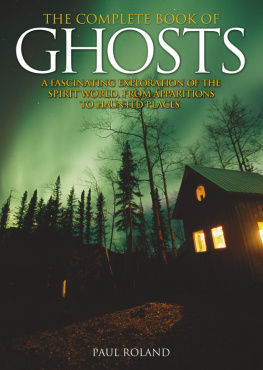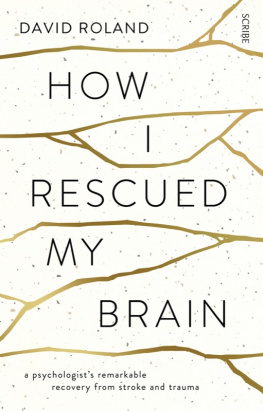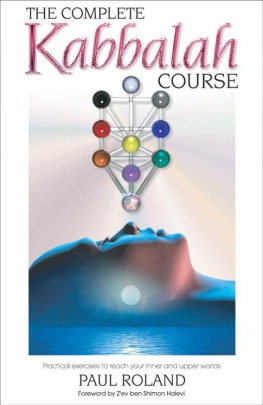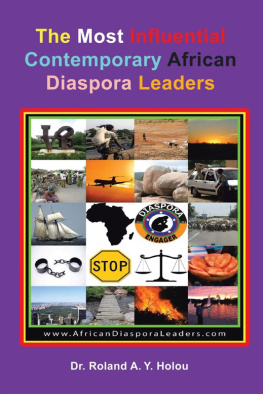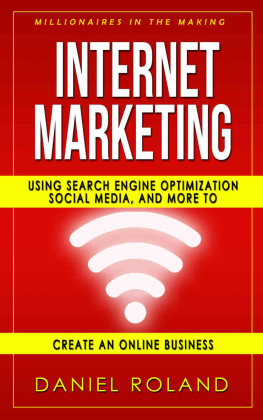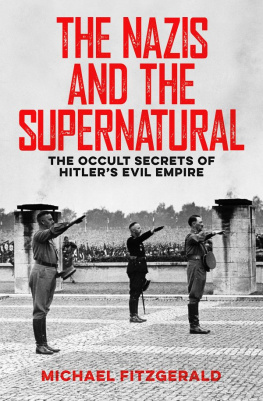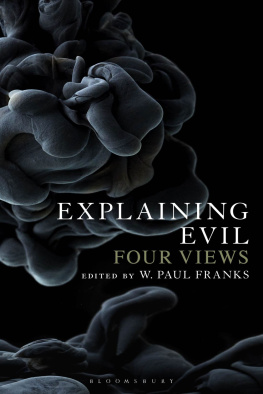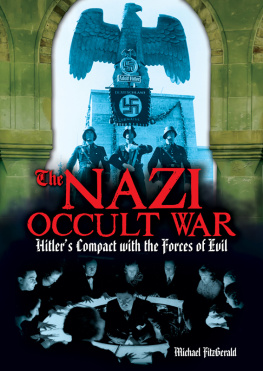Nazis and the Occult
Paul Roland
This edition published in 2012 by Arcturus Publishing Limited
26/27 Bickels Yard, 151153 Bermondsey Street, London SE1 3HA
Copyright 2012 Arcturus Publishing Limited
All rights reserved. No part of this publication may be reproduced, stored in a retrieval system, or transmitted, in any form or by any means, electronic, mechanical, photocopying, recording or otherwise, without prior written permission in accordance with the provisions of the Copyright Act 1956 (as amended). Any person or persons who do any unauthorised act in relation to this publication may be liable to criminal prosecution and civil claims for damages.
Picture Credits
Images courtesy of Corbis, Getty, Mary Evans and Topfoto. For more information contact info@arcturuspublishing.com.
ISBN: 978-1-84858-950-6
AD002432EN
Contents
Introduction
When my father surveyed the destruction of Nazi Germany in 1946 as part of the Allied army of occupation, he shared the belief held by the victors that they had defeated a formidable military machine and liberated a population who had been living under a totalitarian dictatorship since Adolf Hitlers accession to power in 1933. During the war, Churchill, Roosevelt and even Stalin who it later transpired had murdered even more of his own people than had Hitler joined with religious leaders in describing the Second World War in apocalyptic terms as being a battle between the forces of light and darkness, a struggle between Good and Evil for the soul of the civilized world. But this was considered merely religious and political rhetoric.
At that time, conventional historians attributed the rise of Nazism exclusively to socio-economic factors and that remained the accepted view for the next twenty years. Hitler had appeared at a time of national crisis to haul a demoralized Germany off its knees following the inglorious defeat of the First World War and restore its national pride. He brought it through a decade of political instability and ruinous inflation by ruthlessly eliminating the opposition and borrowing far beyond his countrys means. Hitler has been called a shrewd political strategist, but in truth he simply did as he wished and damned the consequences. In crude terms he was spoiling for a fight. His inner demons demanded constant stress, adoration and attention like a spoilt child. Once in power he refused to pay the punitive reparations imposed on Germany by the victors and he rebuilt his armed forces in defiance of the Versailles Treaty which was intended to limit German rearmament. Then he marched into the occupied Rhineland, annexed Austria and snatched back the Sudetenland, half hoping for a reaction from an outraged international community again the action of a petulant bully. But this only earned him the admiration of his people and the grudging respect of other world leaders who would like to have been equally self-assertive.
It was not only the fascist leaderships in Spain and Italy who openly admired Germanys ability to get its own house in order, but many European aristocrats who shared Hitlers suspicion of the Jews whom they regarded as having far too much control of the financial infrastructure. And despite their initial dislike of the petty bourgeois Austrian corporal, German industrialists also came to embrace the New Order, grateful for the revitalization of the German economy particularly the armaments industry on which many had built their fortunes and family names.
By the time Germany hosted the Olympic Games in Berlin in 1936, the nation was regarded as a model of reconstruction and regeneration, and was looked upon with envy by Britain and America as well as by its long-time enemy France all of whom expressed their regard for the German qualities of resourcefulness, industry and organization. As for the Nazis persecution and disenfranchising of the Jews, made legal by the iniquitous Nuremberg Laws, this was excused as being the excessive zeal of a regime which would come into line with its neighbours in due course.
The worst their critics would say was that the Nazis were political opportunists and street brawlers whose strutting leaders affected cultural pretensions which they never possessed, inviting comparison with Americas gangsters. But no one seriously believed that there was anything more sinister at work behind the scenes than rabid nationalism not until the full extent of Nazi atrocities were revealed to the world at the Nuremberg trials. Disbelief at the scale of the wholesale murder of millions and the clinical efficiency with which it had been perpetrated led even the most dispassionate observers to describe the Nazis as evil and Hitlers power over his people as messianic.
But no one seemed able to answer the questions which the revelations of Nuremberg had raised: namely, how could a cultured nation which had produced Goethe, Beethoven, Bach, Schiller, Einstein, Kant, Hegel and so many of the worlds greatest thinkers and artists allow itself to be led lemming-like to the precipice of self-destruction by a ragged collective of criminals, misfits, sadists and petty bureaucrats the very dregs of its society? And why did that society so readily fall for the blatant propaganda perpetrated by men who shamelessly appealed to their basest instincts? Moreover, how could one explain the enigma of the demagogue himself? As the respected British historian A.J.P. Taylor remarked: How could a man so ignorant, so enslaved by stupid dogmas, have achieved such practical success? It seemed inconceivable that a man of Hitlers limited imagination, intellect and avowed indolence could have galvanized a nation into following him blindly where he willed, unless there was something else empowering him which the people sensed and entrusted with their fate. In short, what was the true nature of the regime that had raised Germany from defeat to be master of Europe and thence to wholesale destruction in less than 12 years?
It was not until the occult revival of the late 1960s that interest in the Third Reich and its possible link with black magic gave birth to a slew of sensationalist alternative histories and fictional accounts of Nazi associations with dark forces. Popular culture of the period reflected the publics morbid fascination with the more sensational aspects of the supernatural, spawning such films as Rosemarys Baby , The Exorcist , The Omen and The Boys From Brazil , in which mad Nazi doctor Josef Mengele successfully cloned young boys from cells taken from Hitlers body.
But the horrors were not all confined to fiction. The Age of Aquarius dawned to reveal the sadism inflicted by Nazi-loving Charles Manson and his devil-worshipping groupies, together with the ravages wrought on an entire generation by drug addiction and the horrors televised daily from Vietnam. Overnight the hippies psychedelic dream darkened and disillusionment set in. Many began to question the nature of evil and wonder if the devil and his disciples really did exist. And if evil was a conscious entity actively seeking entry into our world, could that account for the nightmare of Nazism from which the world was just beginning to awaken?
In the past forty years, a number of writers have claimed to have uncovered the truth concerning Hitlers pact with some diabolical agency, but in the main they have merely exploited our persistent morbid fascination with the Third Reich and perpetuated the myth of Nazi involvement with the occult. It is the purpose of this book to demystify these dark fairy tales and reveal the true nature of Nazi Germanys link with arcane influences and of evil itself.


